The fact remains that the majority of herbs have yet to be thoroughly tested for their medicinal efficacy.
What’s more, most herbs haven’t been tested to find out how well – or not so well – they react together with medication, etc.
As is always the case, if you do decide to try medicinal herbs in the form of home remedies, it’s advisable to consult with your medical doctor beforehand.
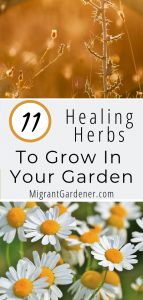
Chamomile
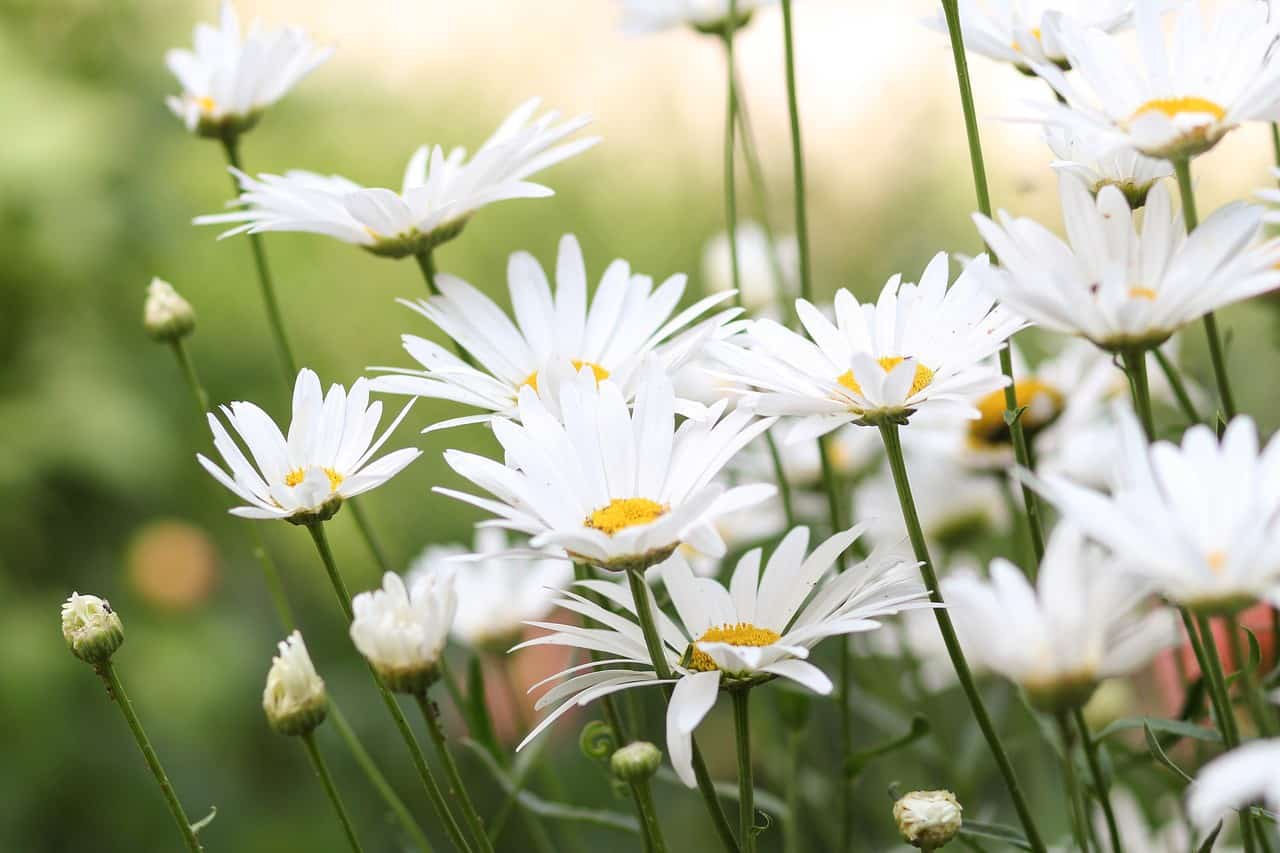
The chamomile flower is considered, at least by some, to be the ultimate cure-all remedy.
Across the U.S. – really, across the globe – chamomile is used as an anxiolytic – a sedative to relieve anxiety and help with relaxation.
Chamomile is also utilized to heal physical wounds as well as in the reduction of swelling and inflammation.
Chamomile is used as a compress and is commonly found in tea.
While the FDA does consider chamomile to be safe, it has been shown to cause drowsiness. That’s understandable, given that it is used as a sedative.
Saint John’s wort
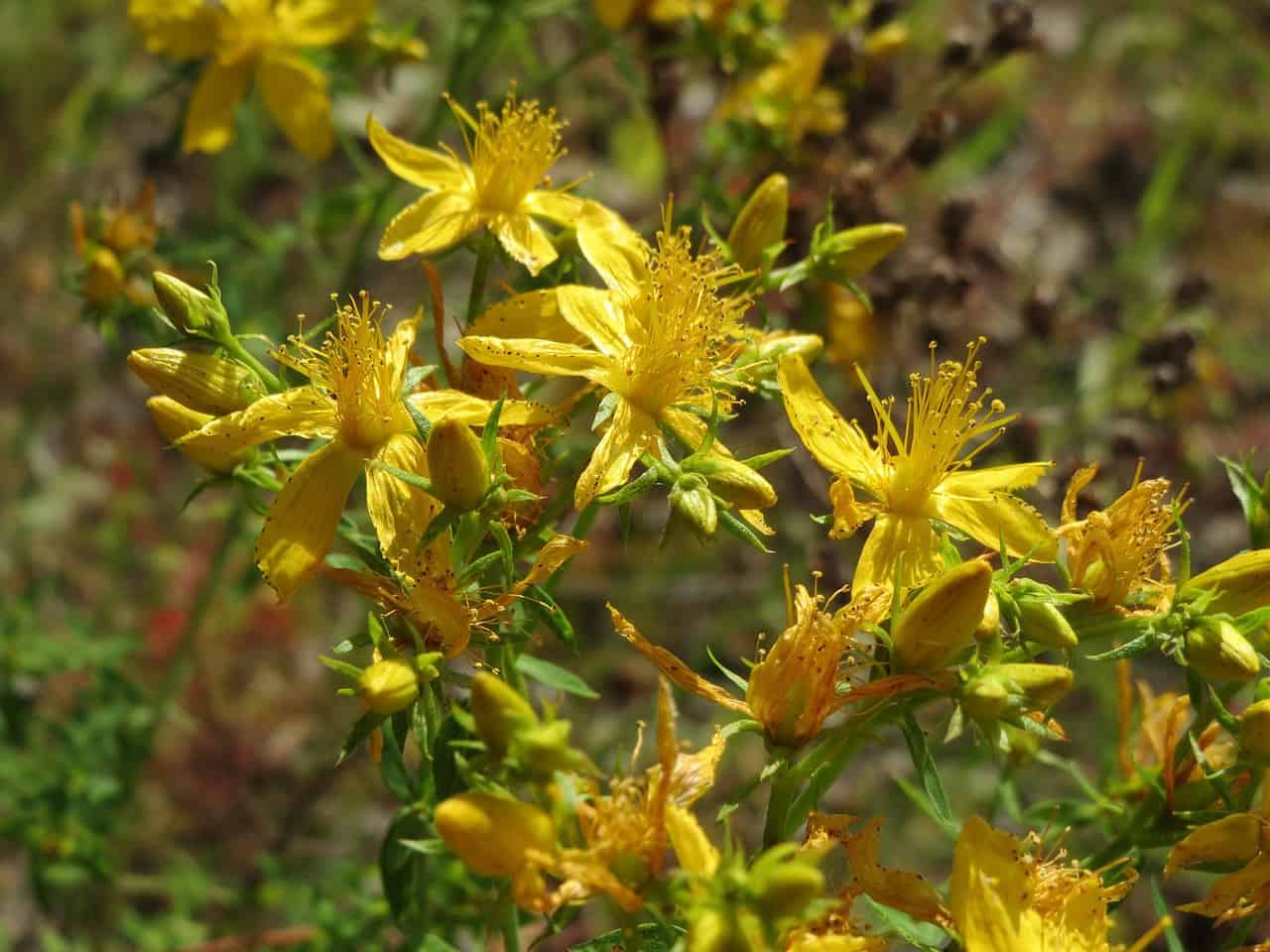
The flower and the leaf of St. John’s wort (Hypericum) are used to treat depression.
Notwithstanding, research has demonstrated that while there may be a slight positive impact of St. John’s wort on depression, it’s not significant.
Ginger
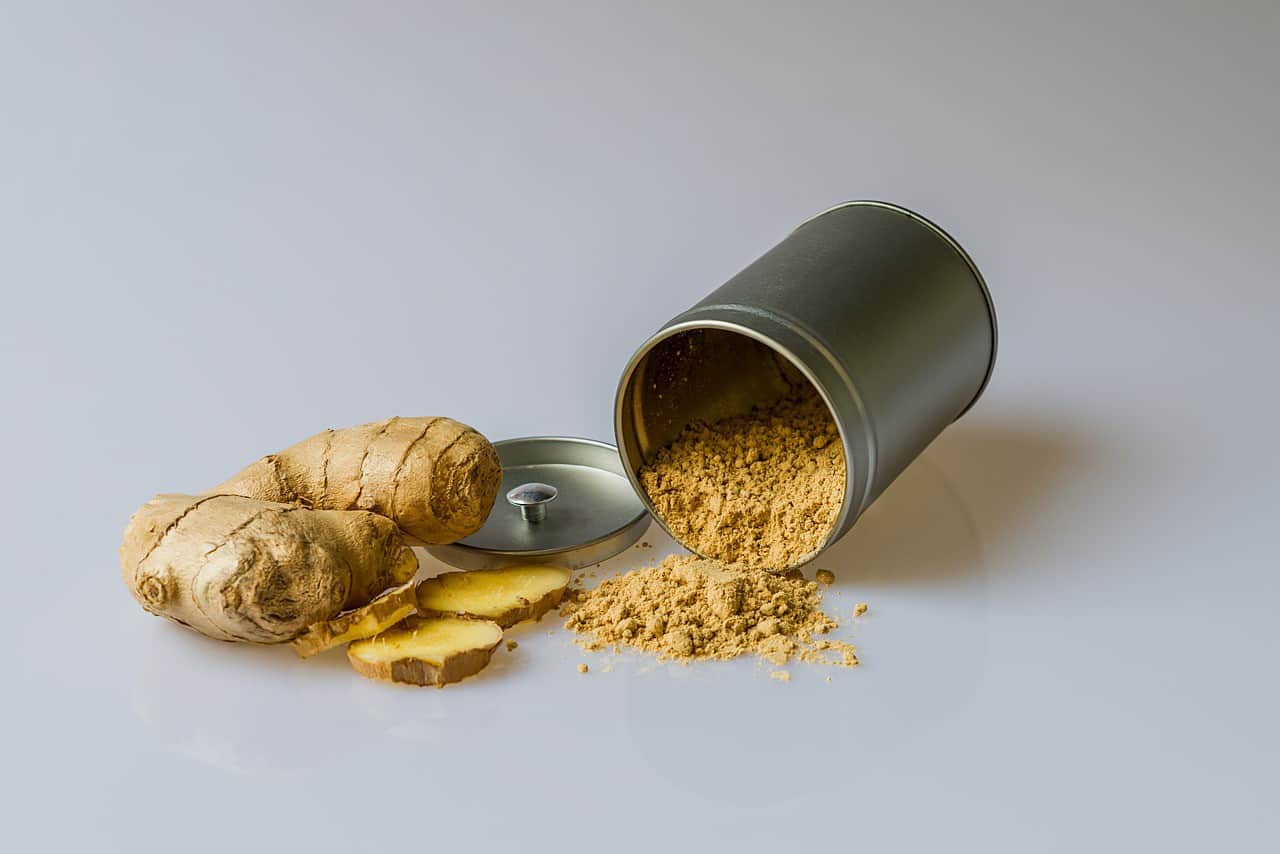
The root of ginger is used to reduce the sense of motion sickness and to ease nausea.
Research has demonstrated that ginger root does relieve nausea which is brought on by chemotherapy.
Further, it is also considered to relieve nausea during pregnancy.
There have been a variety of reported side effects – namely gas, bloating, and heartburn.
Garlic
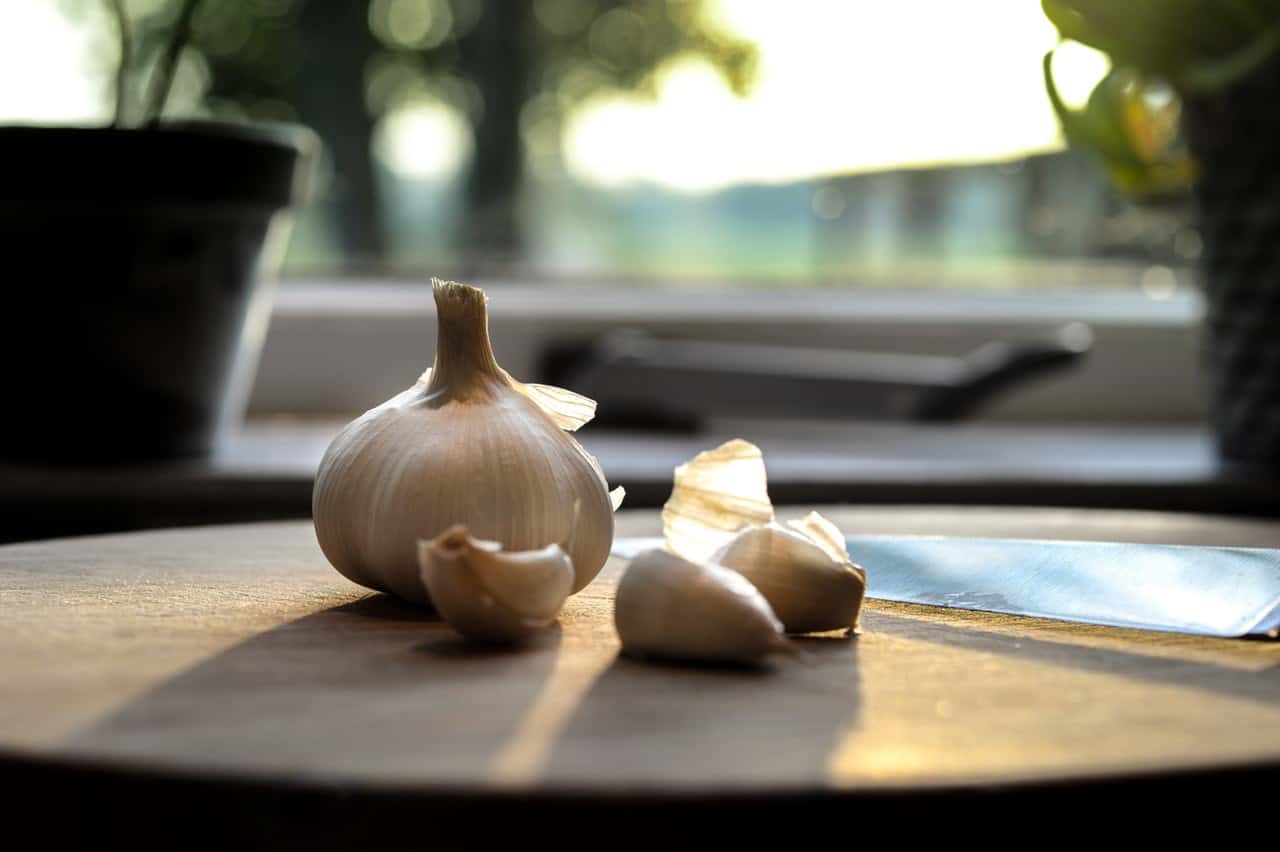
The cloves and the root of the garlic plant have antimicrobial effects.
In research studies, the cloves and the root have also been shown to reduce overall cholesterol levels.
Garlic is considered safe by the FDA, though it should not be taken with warfarin, since, in larger quantities, it can impact blood clotting.
Another potential use of garlic is that it can help keep mosquitoes from biting. Apparently, mosquitoes detest the smell of garlic.
That said, to use it as a mosquito deterrent, you can either take it orally or you can rub crushed cloves over your skin.
Valerian
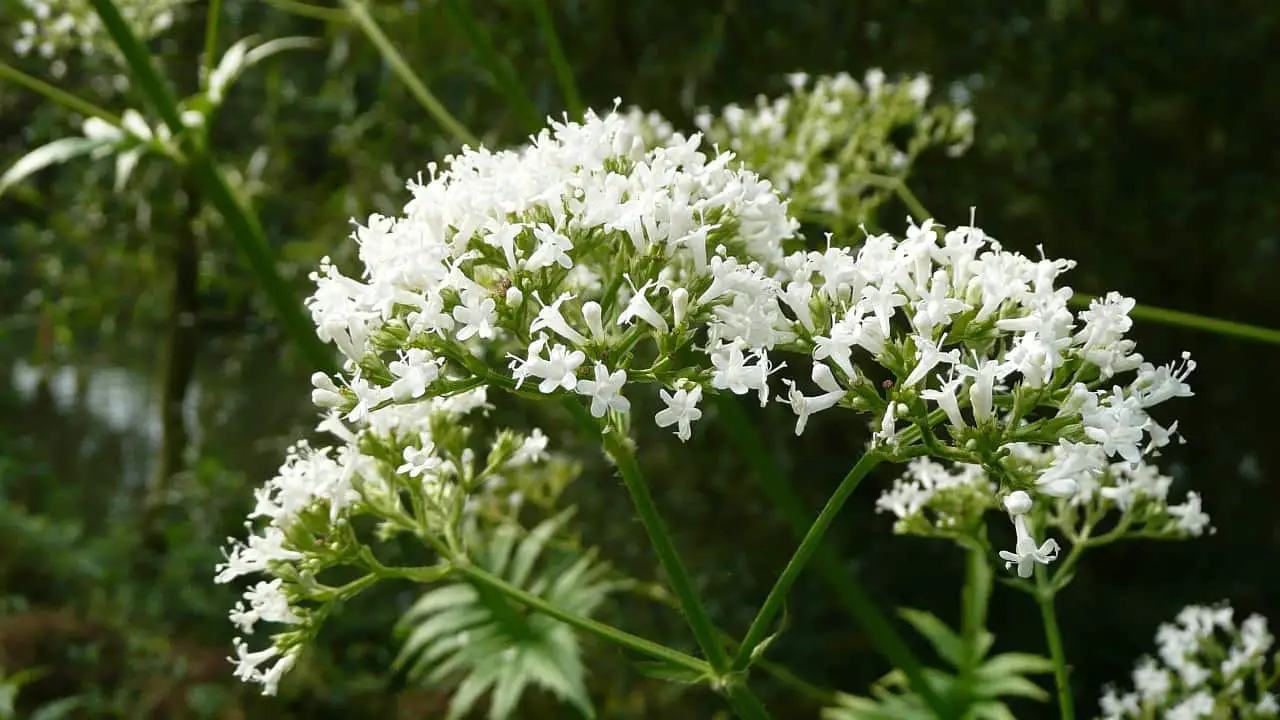
The root of the valerian plant is used as a way of reducing anxiety levels and to induce sleep.
Nevertheless, research has suggested that, while valerian could be efficacious, there are no studies that are able to prove this beyond dispute.
Echinacea
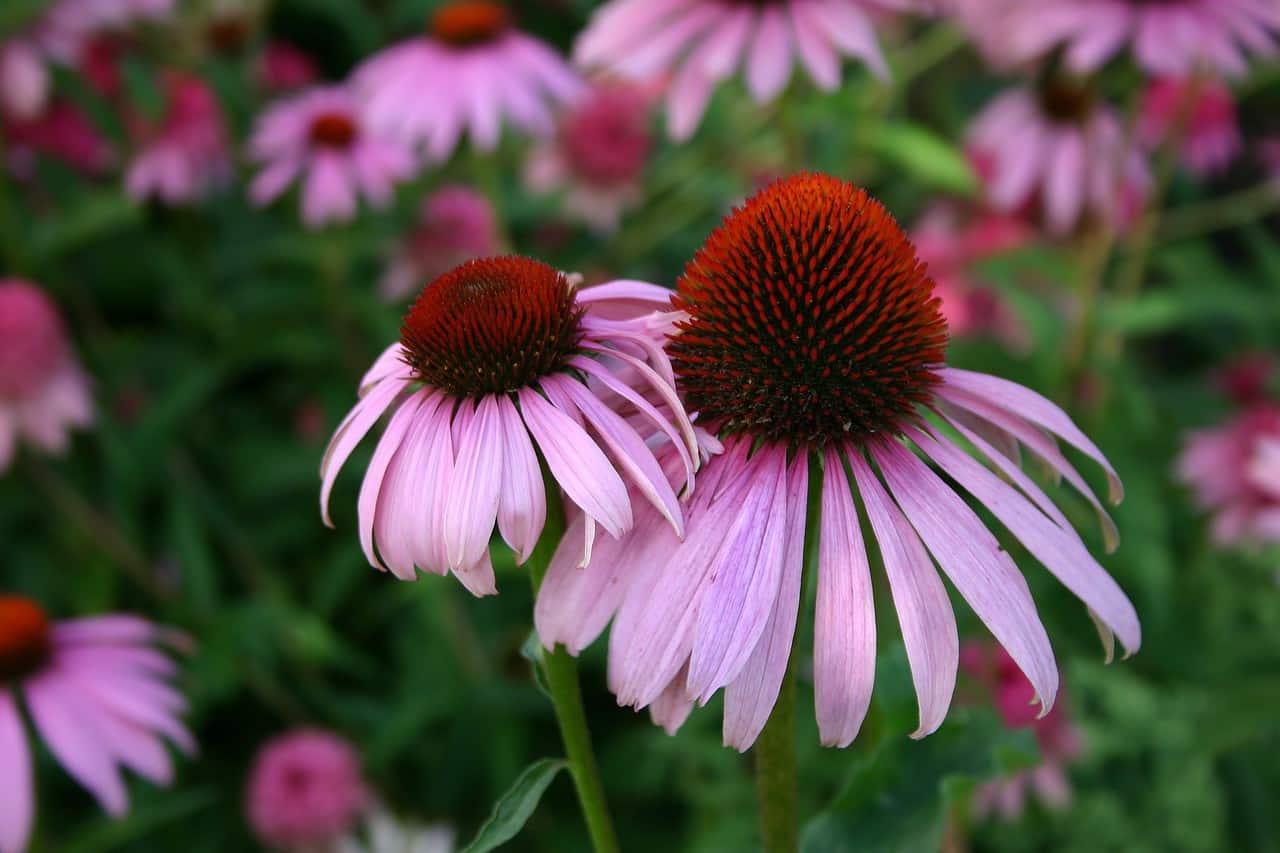
The leaf, stalk and the root of the echinacea used as a way to treat/ prevent colds, flu, and various other infections.
Echinacea is also used to help physical wounds to heal more efficiently.
This herb should not be combined with plants from the daisy family (Asteraceae). This is because it can bring on an allergic reaction.
So, that said, it’s wise to avoid the combination of echinacea with chrysanthemum, daisies, and with marigolds.
Feverfew
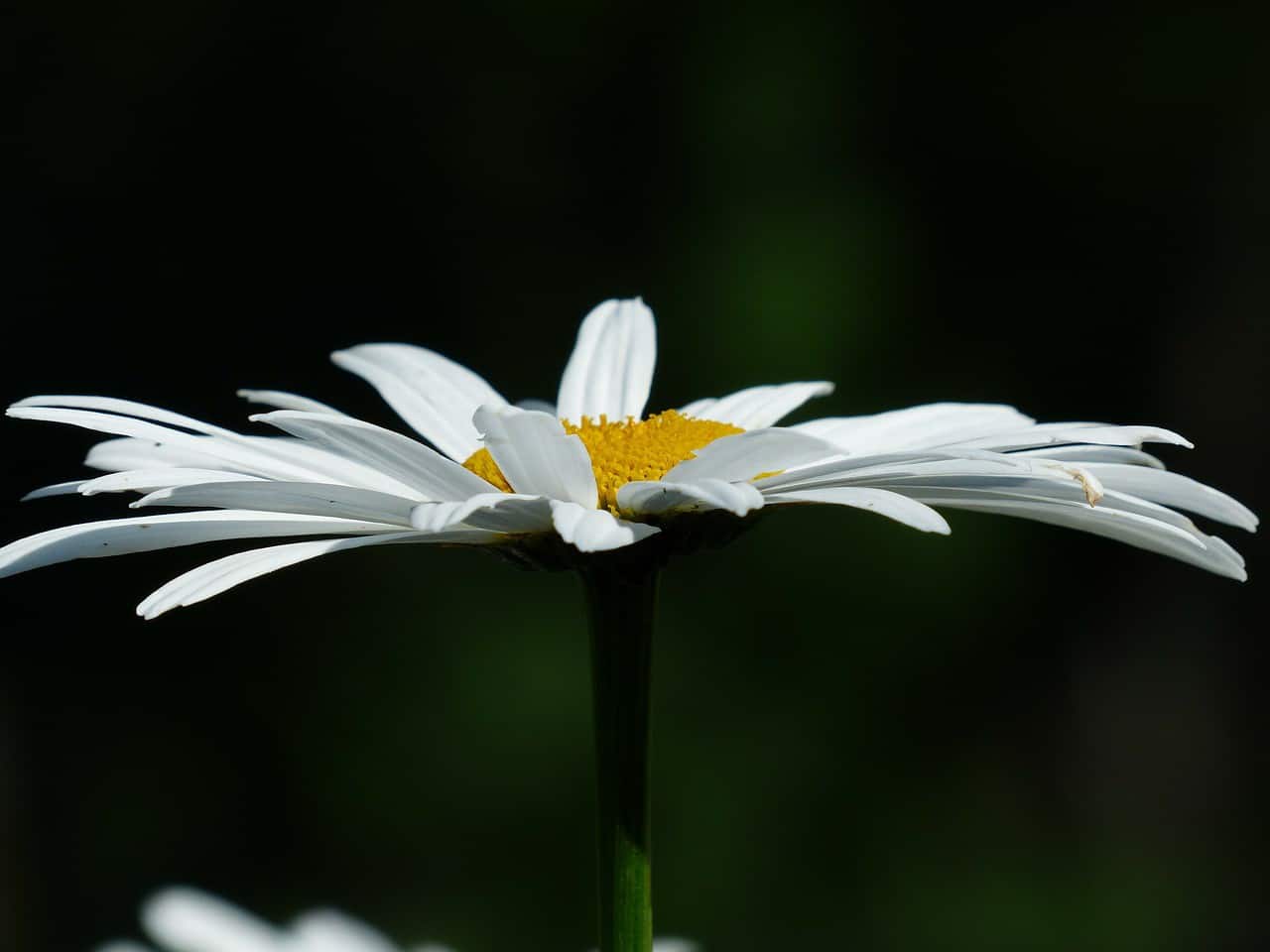
Traditionally, the leaf of the feverfew herb was used as a way of treating fevers – hence the name feverfew.
These days, it’s more commonly used to treat arthritis and prevent migraines.
And there is research to back this up – feverfew has been scientifically proven to help in the prevention of migraines.
Feverfew shouldn’t be utilized in combination with warfarin or with any alternative anticoagulant medications.
Ginseng
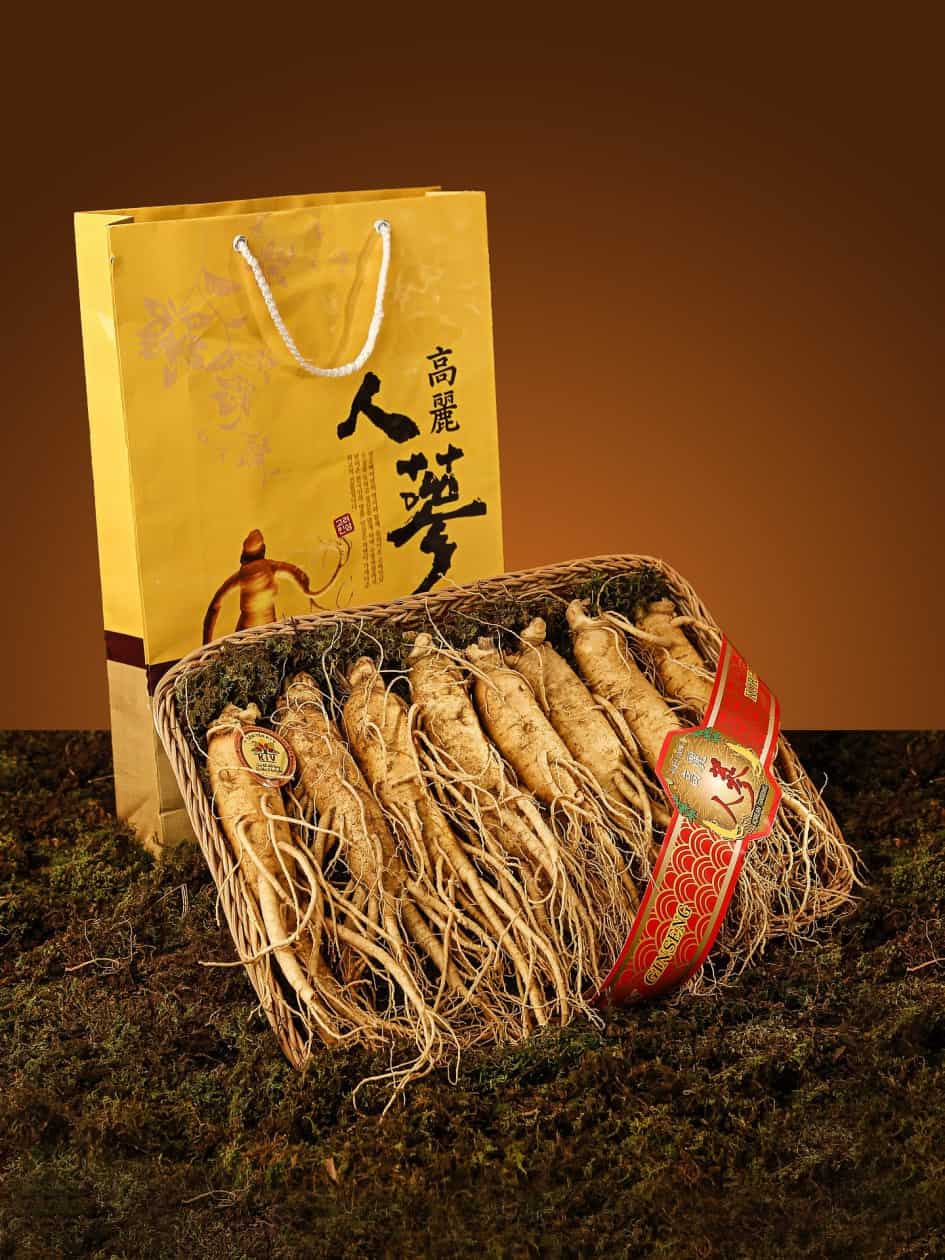
The roots of the ginseng plant are used as an aphrodisiac and as a tonic.
There are potential side effects of using ginseng.
Side effects can include tachycardia and high blood pressure.
Nevertheless, the FDA considers ginseng to be safe, though it ought not to be combined with heparin, with warfarin, with digoxin, corticosteroids, or with estrogens.
Those that suffer from diabetes should avoid using ginseng.
Goldenseal
The roots of goldenseal are used to treat skin and eye irritations and are also used as a way to treat diarrhea.
Further, goldenseal is utilized in the form of an antiseptic and may have benefits in treating colds, though this is not scientifically proven.
Do not take goldenseal in high doses as it has been proven to be poisonous to the human body.
What’s more is that it may cause mouth, throat, gastric, and skin irritation.
Milk thistle

The fruit of the milk thistle is commonly used to treat high cholesterol and various liver conditions.
It’s also said to have a positive impact on reducing cancer cell growth.
While research hasn’t exactly demonstrated the true efficacy of milk thistle, many people do swear by its effectiveness.
Turmeric
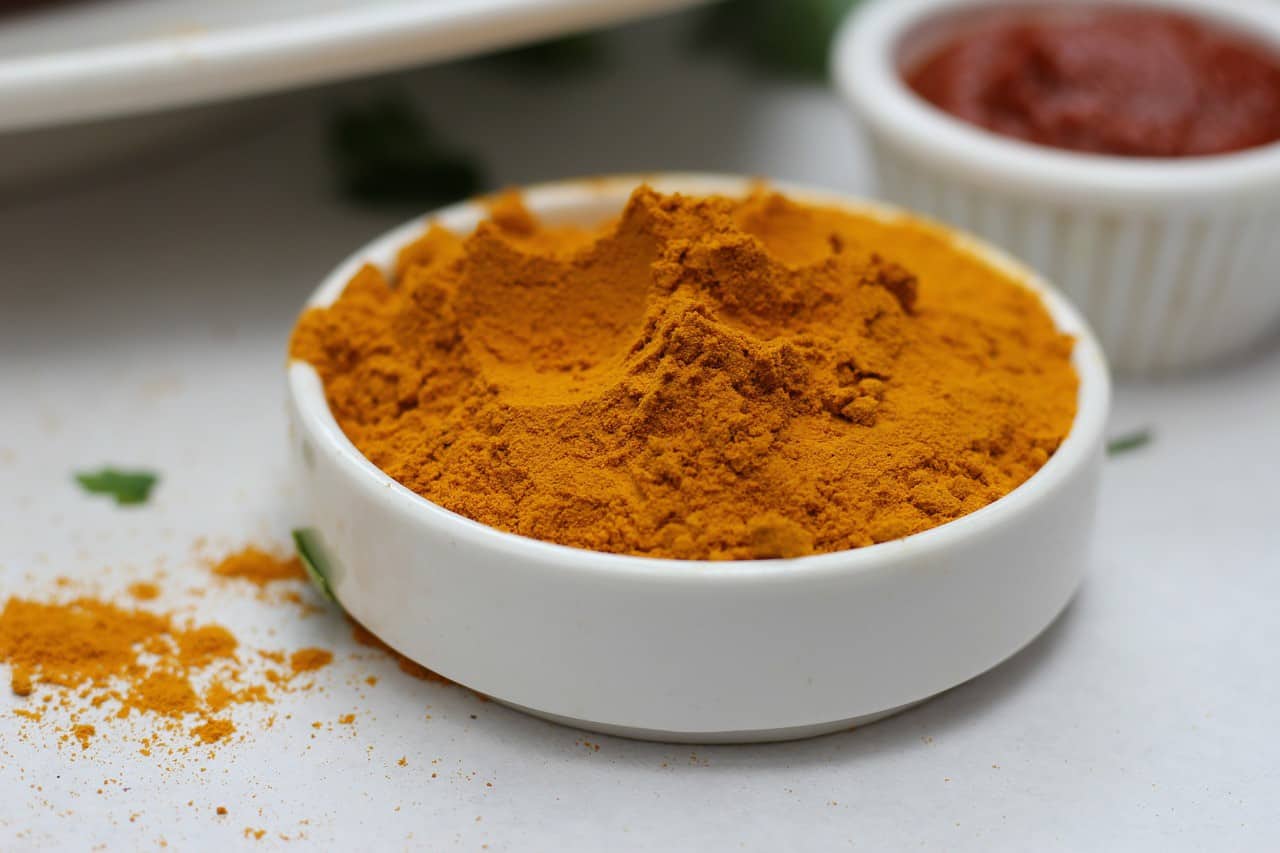
Regarded more as a spice than as a herb, turmeric is said to have some herbal remedy properties.
It’s the curcumin in turmeric that is believed to have powerful anti-inflammatory properties.
In trials conducted at the Johns Hopkins University School of Medicine, it was found that curcumin can potentially help to shrink lesions that are precancerous
What’s more, a 2006 study that was published in the Journal of Alzheimer’s Disease stated that curcumin helps to clear the brain of plaques.
These plaques are one characteristic of Alzheimer’s disease.
